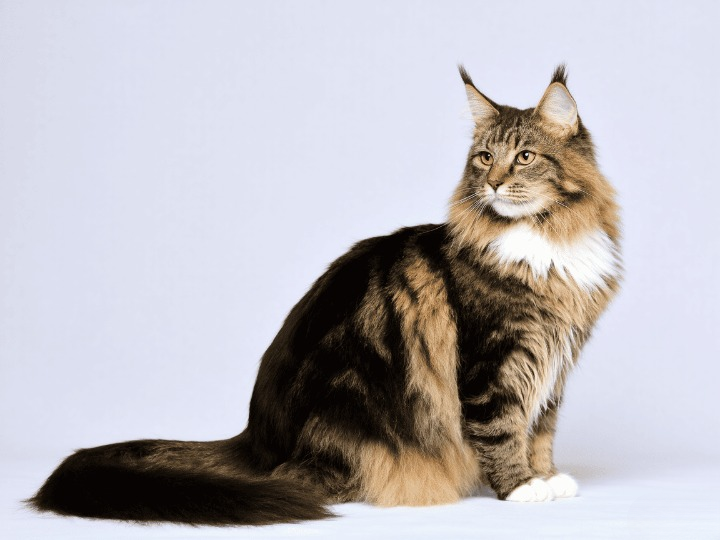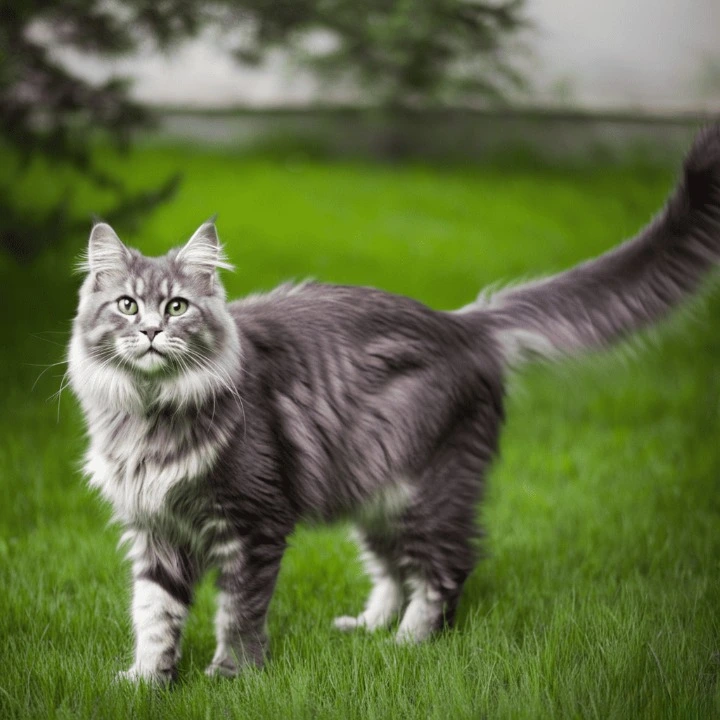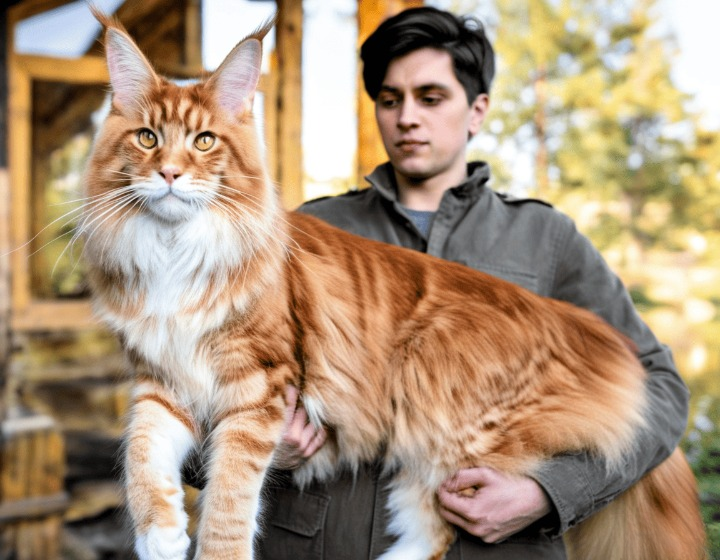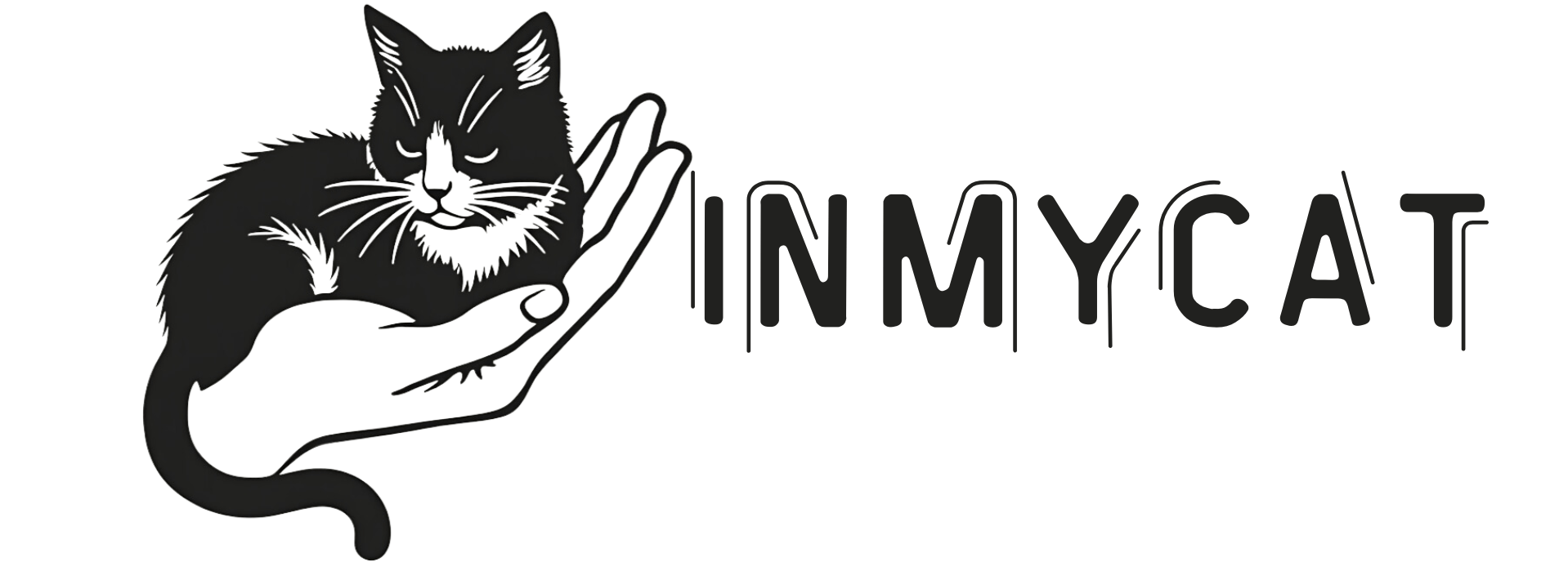Majestic Maine Coon Cats: Your Complete Guide to America’s Gentle Giants

Have you ever wondered why Maine Coon cats are often called “gentle giants” of the cat world? These magnificent felines have captured hearts worldwide with their impressive size, luxurious coats, and loving personalities. In this comprehensive guide, you’ll discover everything you need to know about Maine Coons, from their mysterious origins to essential care tips.
Table of Contents
The Fascinating History of Maine Coon Cats
Maine Coons have a history as intriguing as their appearance. Native to the state of Maine, these cats have been around since the colonial days of America. While many legends surround their origins, including tales of Marie Antoinette’s cats escaping to Maine, the most likely explanation is that they developed naturally from long-haired cats brought by sailors to New England.
Fun fact: Maine Coons were one of the first cat breeds shown at early American cat shows in the late 1800s.
Distinctive Maine Coon Characteristics
When you encounter a Maine Coon, several remarkable features stand out:
- Size: The largest domesticated cat breed
- Weight Range:
- Males: 13-18 pounds
- Females: 8-12 pounds
- Length: Can grow up to 40 inches including tail
- Physical Features:
- Rectangular body shape
- Long, flowing coat
- Distinctive ruff around neck
- Tufted ears and paws
- Large, expressive eyes
Color Patterns and Variations
Maine Coons come in nearly every color combination:
- Solid colors
- Tabby patterns
- Tortoiseshell
- Bi-color
- Smoke and shaded
Note: The traditional “brown tabby” remains one of the most recognized patterns.
Understanding Maine Coon Personality
These social and affectionate cats have earned their reputation as the “dogs of the cat world” because they:
- Follow their owners around
- Often play fetch
- Enjoy water
- Show strong loyalty to family
- Get along well with children and other pets
Dr. Lisa Martin, feline behavior specialist, notes: “Maine Coons stand out for their exceptional social intelligence. They form strong bonds with their families while maintaining their playful nature well into adulthood.”
Essential Maine Coon Care Guide
Daily Care Requirements
Your Maine Coon needs:
- Fresh water (many enjoy running water)
- High-quality cat food
- Regular grooming
- Exercise and play time
- Social interaction
Grooming Your Gentle Giant
Their luxurious coat requires attention:
- Brush 2-3 times weekly
- Regular nail trimming
- Ear cleaning
- Dental care
- Occasional baths
Exercise and Environmental Needs
Despite their size, Maine Coons are active cats requiring:
- Large cat trees
- Interactive toys
- Climbing spaces
- Scratching posts
- Play sessions
Maine Coon Health Issues and Prevention

Common Health Concerns
Be aware of these potential conditions:
- Hypertrophic Cardiomyopathy (HCM)
- Genetic heart condition
- Regular screening recommended
- Hip Dysplasia
- Due to large size
- Can affect mobility
- Spinal Muscular Atrophy (SMA)
- Genetic testing available
- Affects muscle strength
Preventive Care Schedule
Keep your Maine Coon healthy with:
- Annual veterinary check-ups
- Regular heart screenings
- Dental cleanings
- Weight monitoring
- Genetic testing
Feeding Your Maine Coon
Dietary Requirements
These large cats need:
- Protein: High-quality animal protein
- Fat: Moderate amounts
- Water: Plenty of fresh water
- Calories: Adjusted for size and activity level
Feeding Schedule
- Kittens: 3-4 meals daily
- Adults: 2-3 meals daily
- Seniors: Smaller, more frequent meals
Living with a Maine Coon

Space Requirements
Despite their size, Maine Coons adapt well to various living situations:
- Houses
- Large apartments
- Multi-cat households
Key consideration: Vertical space is as important as floor space.
Temperature Tolerance
Thanks to their thick coat, Maine Coons:
- Handle cold weather well
- Need cool spots in summer
- Enjoy both indoor and outdoor activities
Choosing Your Maine Coon
Cost Considerations
Prepare for these investments:
- Purchase Price: $1,000-$2,500
- Initial Supplies: $300-$600
- Annual Care: $800-$1,500
- Emergency Fund: $1,000-$2,000 recommended
Finding a Reputable Source
Consider these options:
- Certified breeders
- Maine Coon rescues
- Breed-specific shelters
Training and Socialization
Maine Coons excel in training:
- Highly intelligent
- Responsive to positive reinforcement
- Can learn tricks
- Often leash-trainable
- Need early socialization
Key Takeaways
- Maine Coons are large, gentle cats with remarkable intelligence
- They require regular grooming despite being low-maintenance otherwise
- Health monitoring, especially heart health, is crucial
- They make excellent family pets due to their social nature
- Investment in quality food and care is essential
- Regular veterinary care ensures longevity
Frequently Asked Questions
Q: How long do Maine Coons live?
A: With proper care, Maine Coons typically live 12-15 years.
Q: Are Maine Coons good with children?
A: Yes, they’re known for being patient and gentle with children.
Q: Do Maine Coons need a lot of grooming?
A: They need regular brushing (2-3 times weekly) but are otherwise relatively low-maintenance.
Q: How big do Maine Coons get?
A: Males can reach 18 pounds or more; females typically range from 8-12 pounds.
Q: Are Maine Coons indoor or outdoor cats?
A: They can adapt to either lifestyle but are often happiest with a mix of both.
Q: When do Maine Coons stop growing?
A: They typically reach full size between 3-5 years of age.
By understanding these aspects of Maine Coon ownership, you’re well-prepared to provide a loving home for one of these magnificent cats.
